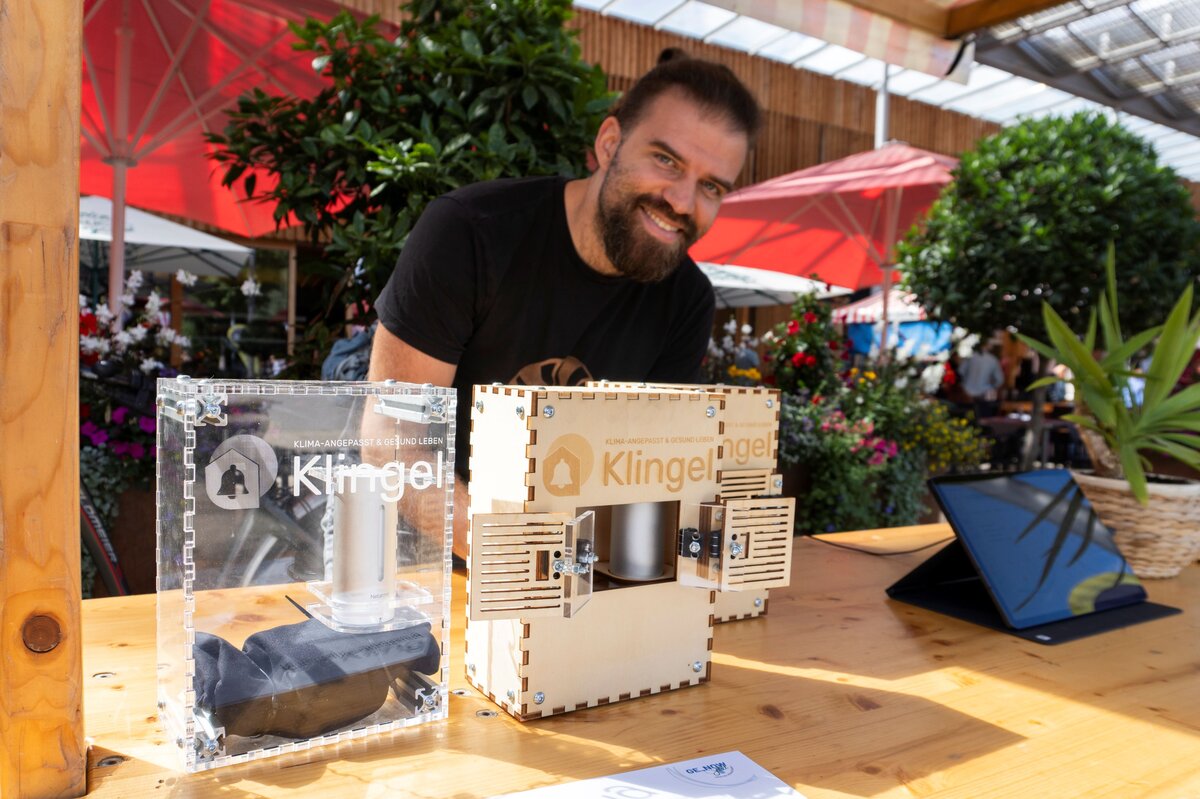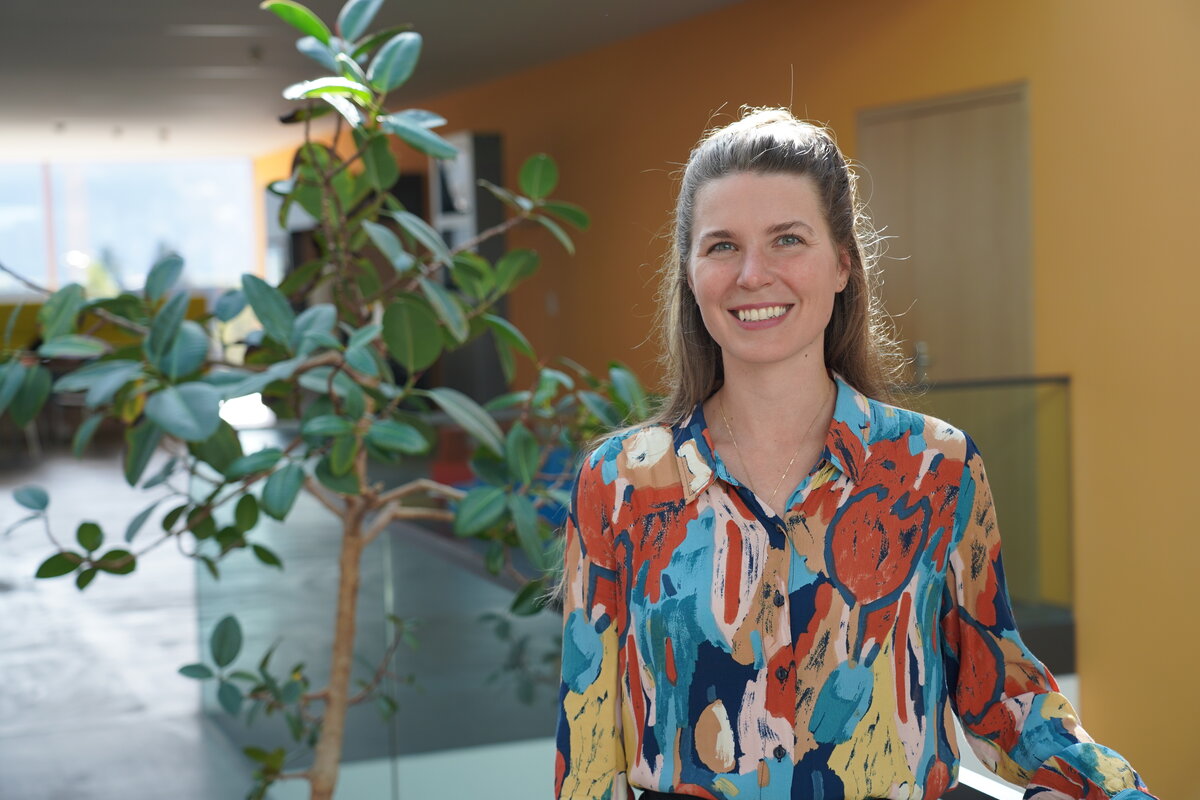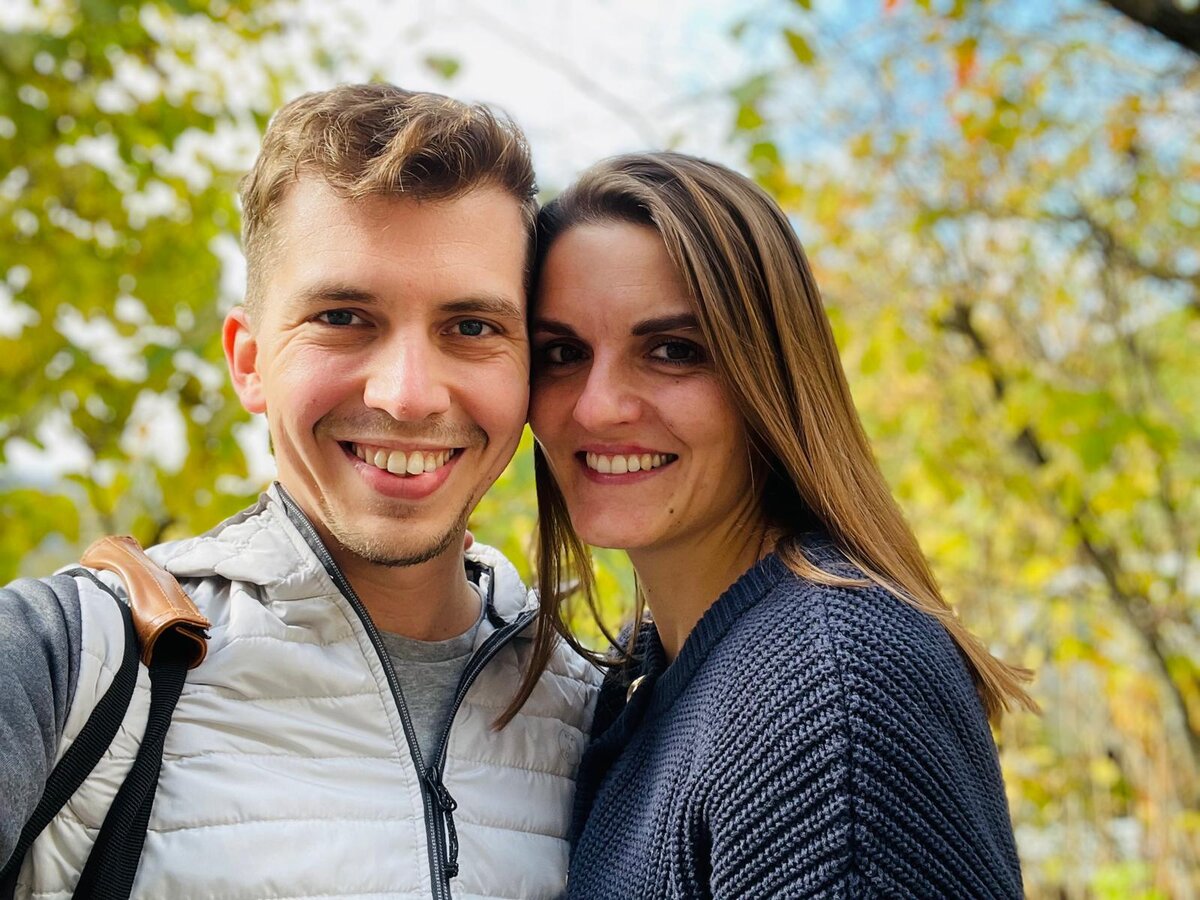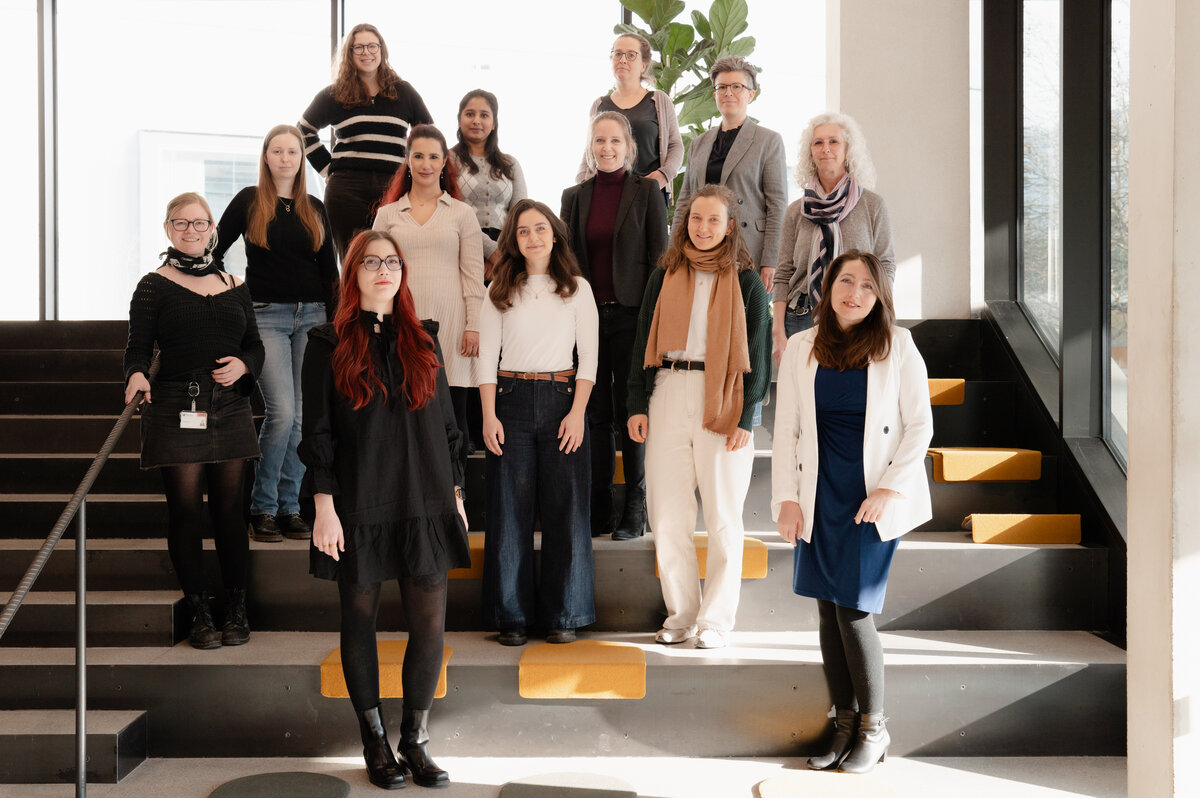Project KLINGEL protects older people in Vorarlberg from heat
11.10.2025When temperatures rise in summer, it becomes particularly stressful for older people. The feeling of thirst decreases, the home heats up - simple protective measures are often forgotten. This increases the risk of dehydration and overheating and also places additional demands on care staff.
This is where the FHV's KLINGEL - Climate-adapted and healthy living research project comes in. Together with partners Butterweck KG, Intefox GmbH, Regio im Walgau and Sozialdiensten Götzis gGmbH, the project team is developing simple, digital solutions that can strengthen the resilience of older people and relieve the burden on care staff.
"In Vorarlberg, almost one in five people is 65 or older - this is an issue that affects us all," explains project manager Tobias Werner from the Human-Centred Technologies research center at the FHV.
Climate change is noticeable - even in Vorarlberg
To begin with, the team analyzed temperature data from Götzis from 1979 to 2023. The result was clear: hot days and tropical nights have also increased significantly here.
"We know about climate change - but seeing the regional figures in black and white was an eye-opener," says Tobias Werner.
Digital helpers in everyday life
To reduce the impact of heat, the team tested measures that can be integrated unobtrusively into everyday life:
- Intelligent drinking cups that remind people to drink regularly and help care staff to create drinking logs.
- Room climate sensors, linked to weather data, which show that even small adjustments can make a difference of several degrees in the temperature of apartments and rooms.
- Simple SMS notifications that indicate sufficient fluid intake and correct ventilation and shading. Greening measures, such as green roofs, which reduce heat islands and create a more pleasant environment.
"Our results show that the well-being of older people can be significantly improved with little effort - and without overburdening them with complex Engineering and Technology," says Tobias Werner, "the intelligent drinking cups, for example, were accepted immediately."
Marcel Butterweck, university management of Butterweck KG, also confirms: "There was no skepticism about Engineering and Technology. The motivation was palpable right from the start."
Practical recommendations
Recommendations for action were derived from the project in relation to hydration, indoor climate and greenery, which improve the quality of life in old age with simple measures.
Marcel Butterweck gives an example: "There is a temperature difference of several degrees between correct and incorrect ventilation. With simple instructions - such as text message notifications - we create conditions that empower older people without patronizing them."
Greening also has potential: "The greening of our communities through unsealing and the design of green roofs is desirable and helps us to combat heat islands. An easy-to-implement measure that benefits us all and creates an environment worth living in," adds Tobias Werner.
From research to practice: market launch in the Lake Constance region
After the end of the funding period, Marcel Butterweck is working on a viable and scalable business model. The aim is to put the solutions developed - from sensor-based drinking and indoor climate monitoring to low-threshold reminder systems - into practice. The aim is to better protect older people from heatwaves in the long term, relieve the burden on care staff and support communities in adapting to climate change.
"Our measures send warning signals, support behavioral changes and give caregivers more time for personal care," says Tobias Werner.
The first steps towards market launch are planned in the Lake Constance region, a region with a close network of care facilities, a high level of awareness of climate and health issues and a good starting point for practical tests. In the long term, KLINGEL is to be established in Austria, Switzerland and southern Germany.
Contact
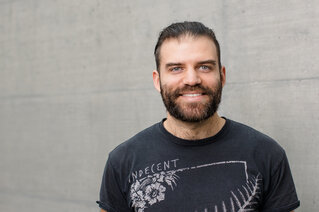
Tobias WERNER, BSc
Lab technician
Research Center Human-Centred Technologies
+43 5572 792 3723
tobias.werner@fhv.at
